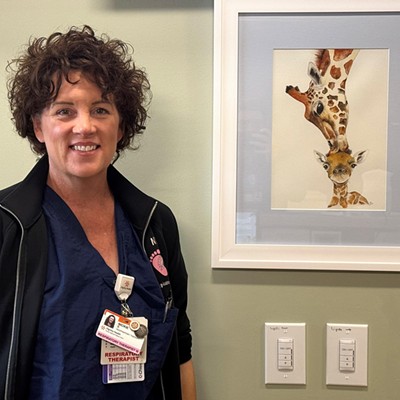• U.S. Sen. Dianne Feinstein (D-Calif.) opened the March 20 Senate U.S. Supreme Court confirmation hearings for federal judge Neil Gorsuch by taking several minutes to espouse her pro-choice stance on abortion and even referred to Roe v. Wade as a “super precedent.” “The debate over Roe v. Wade and the right to privacy, ladies and gentlemen, is not theoretical,” Feinstein said during her speech. “In 1973, the court recognized a woman’s fundamental and constitutional right to privacy—that right guarantees her access to reproductive health care.” Feinstein asked to introduce 53 Supreme Court cases decided during the past four decades as proof that the landmark—yet controversial—Roe v. Wade case is a super precedent. Gorsuch, who was appointed by President Donald Trump to replace deceased U.S. Supreme Court justice Antonin Scalia, referred to Roe v. Wade as “precedent” after being quizzed by Sen. Chuck Grassley (R-Iowa) on the subject. Senate Democrats are skeptical that Gorsuch won’t try to overturn Roe v. Wade, considering Trump previously said that he’d “appoint someone who would overturn Roe.” However, because the case was the first of its kind, the ruling was established as a precedent from which all similar future cases would be decided. History has shown that Supreme Court precedents are almost impossible to overturn. “It has been reaffirmed,” Gorsuch said at his confirmation hearing. “Once a case is settled, that adds to the determinacy of the law.”
• A bill authored by state Sen. Hannah-Beth Jackson (D-Santa Barbara) that would provide job-protected leave for new parents has passed committee. Members of the Senate Labor and Industrial Relations Committee voted 4-1 to approve Senate Bill 63, or the New Parent Leave Act, on March 22. The bill is similar to one Jackson authored in 2016 that was vetoed by California Gov. Jerry Brown. The new bill would provide 12 weeks of maternity and paternity leave for new parents in small companies with 20 to 49 employees. Currently, only those who work at companies with 50 or more employees are eligible for job-protected leave, and California’s Paid Family Leave program only provides six weeks of employee-funded partial wage replacement. Jackson’s bill is expected to affect more than 2.7 million California parents. “Any new parent knows that the birth of a new baby comes with a host of changes and challenges,” Jackson said in a prepared statement. “As many states, private companies, and local governments move forward with strong policies for family leave, California, once at the vanguard of family leave polices, cannot afford to be left behind.” The bill now moves on to the Senate Judiciary Committee.
• California needs to spend more on fixing its infrastructure and not increase taxes while doing it, said 35th District Assemblyman Jordan Cunningham (R-Templeton). In an editorial published in SLO’s The Tribune on March 21, Cunningham wrote, “The time is right for a major investment in transportation infrastructure,” and transportation funding in the state budget decreased by 14 percent in the last decade despite significant growth in revenues. As a solution, Cunningham is co-authoring Assembly Bill 496, or the Traffic Relief and Road Improvement Act (TRIPP), which would provide $7.8 billion for the state’s transportation needs without raising taxes or fees. The bill would also devote 30 percent of its funds to increasing road capacity and relieving gridlock and would create a transportation inspector general to oversee mandatory audits for all major projects. Lastly, the bill would put more control in the hands of local governments when deciding how transportation dollars should be spent. “I have seen absolutely no evidence that consolidating transportation funding and decision-making at the state level works for the people,” Cunningham wrote in the editorial.









